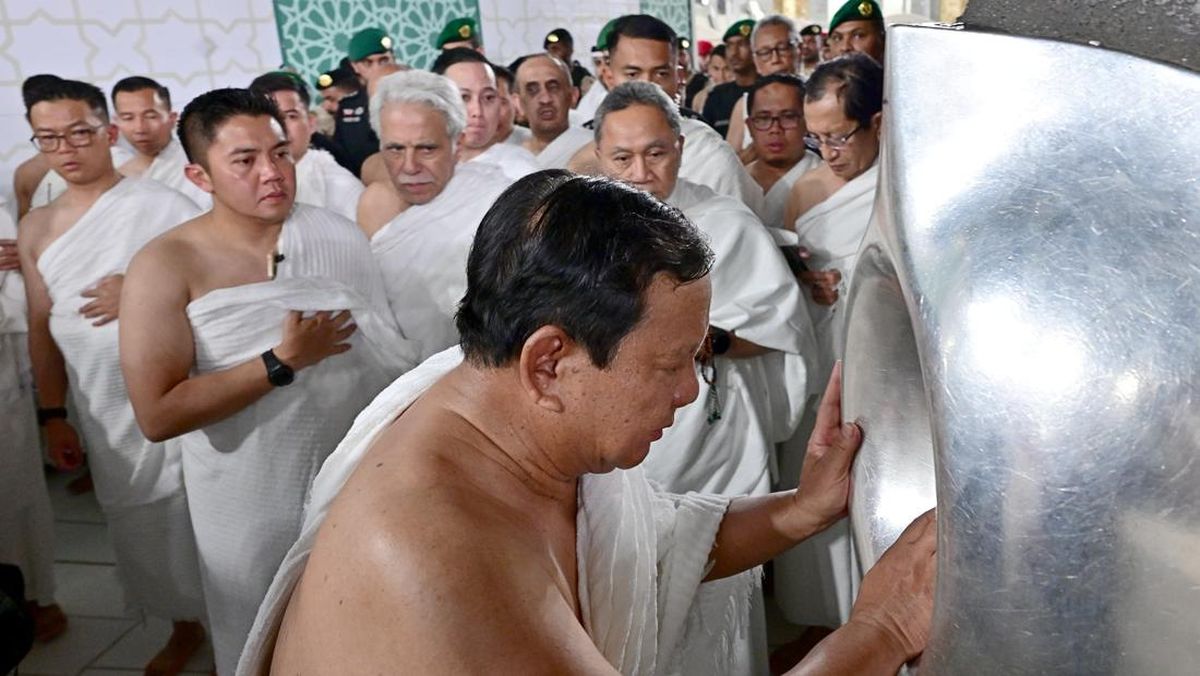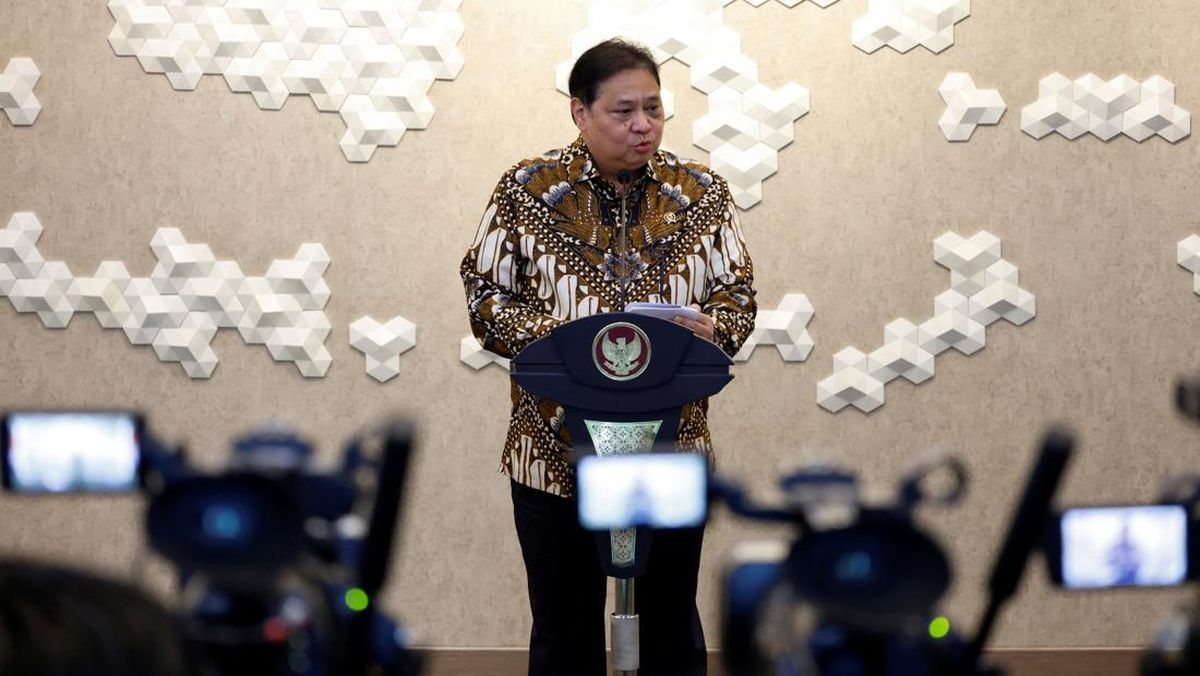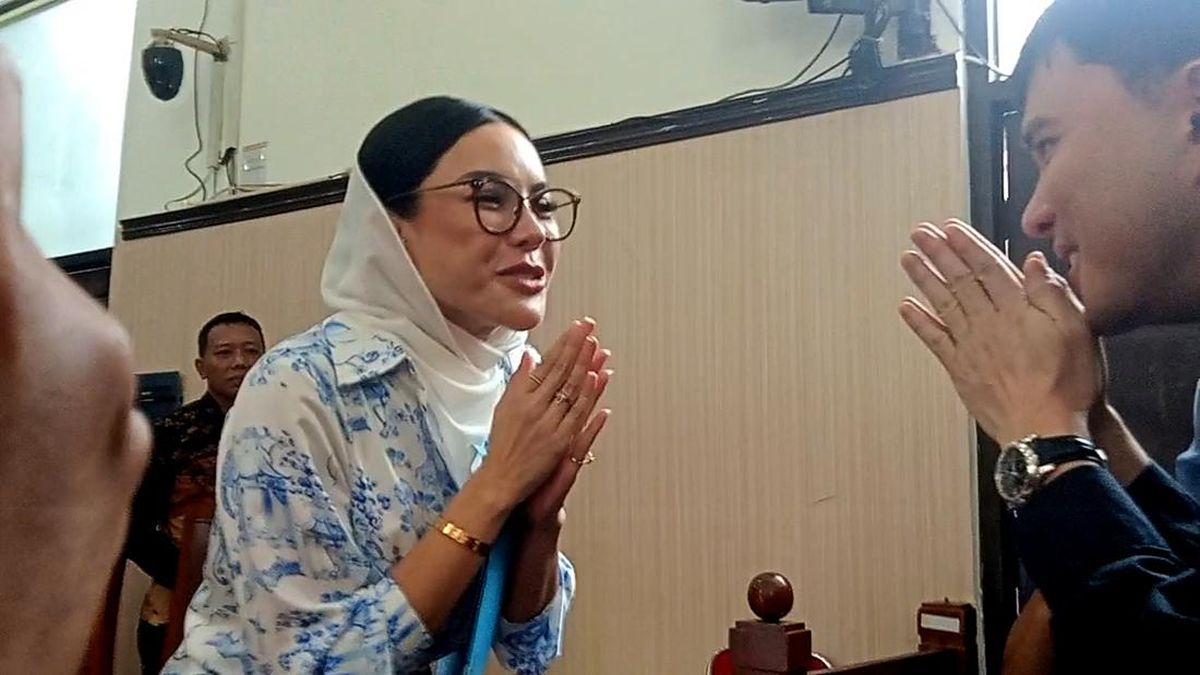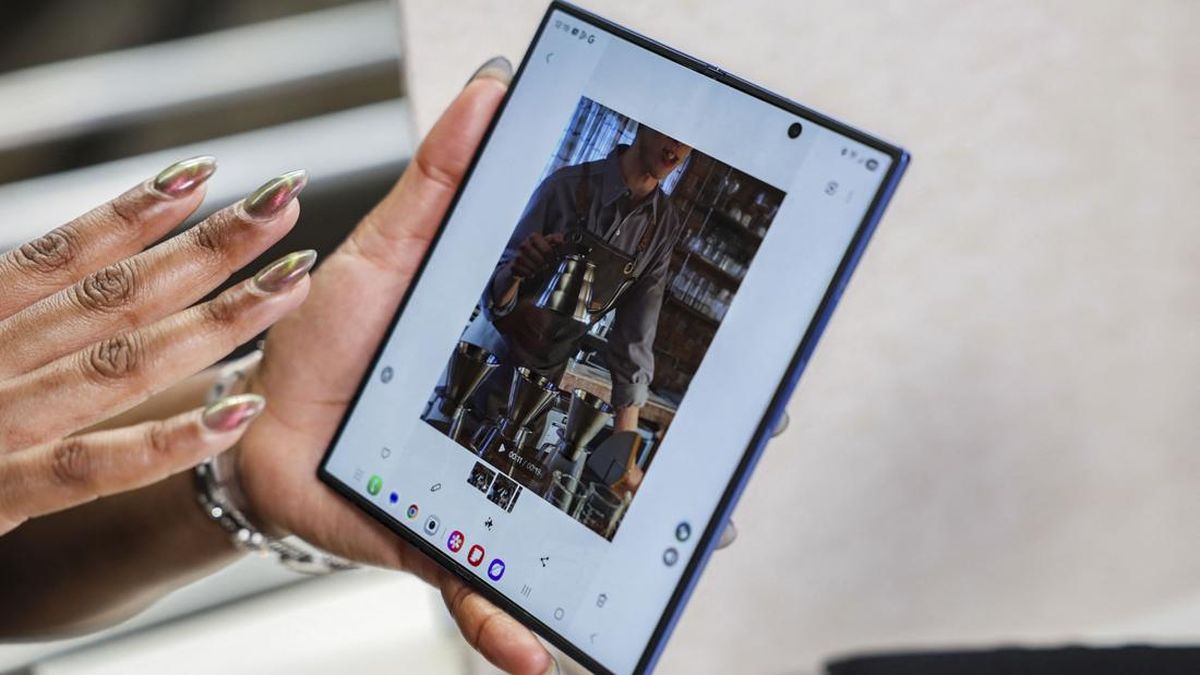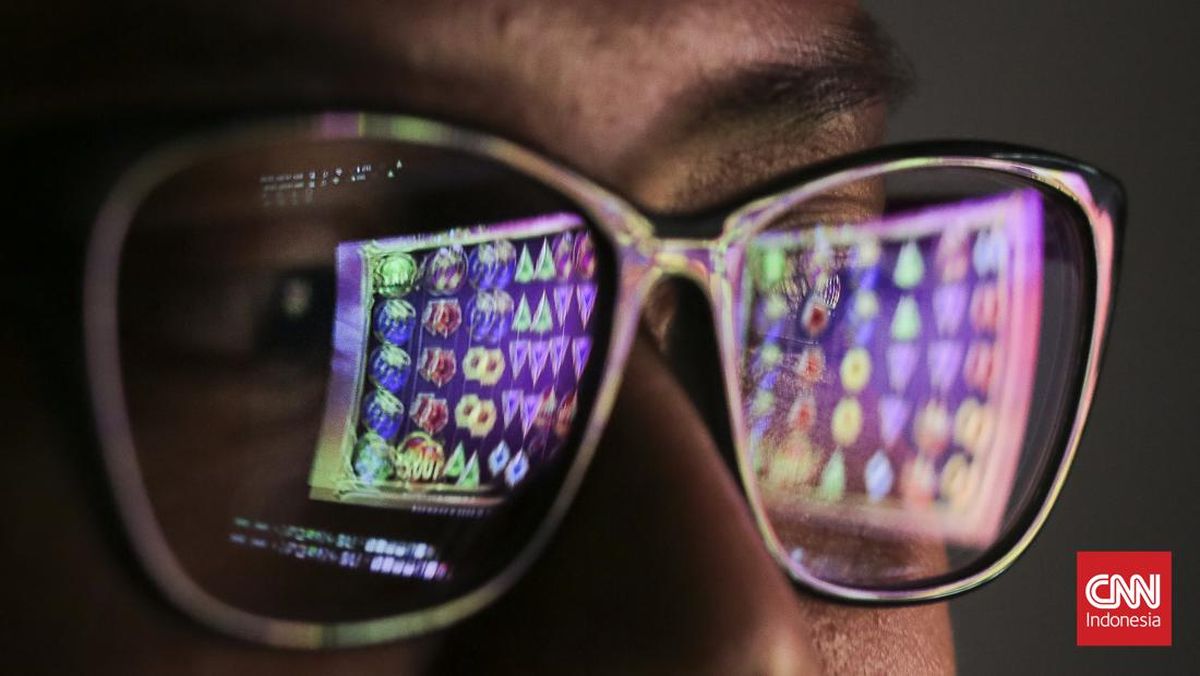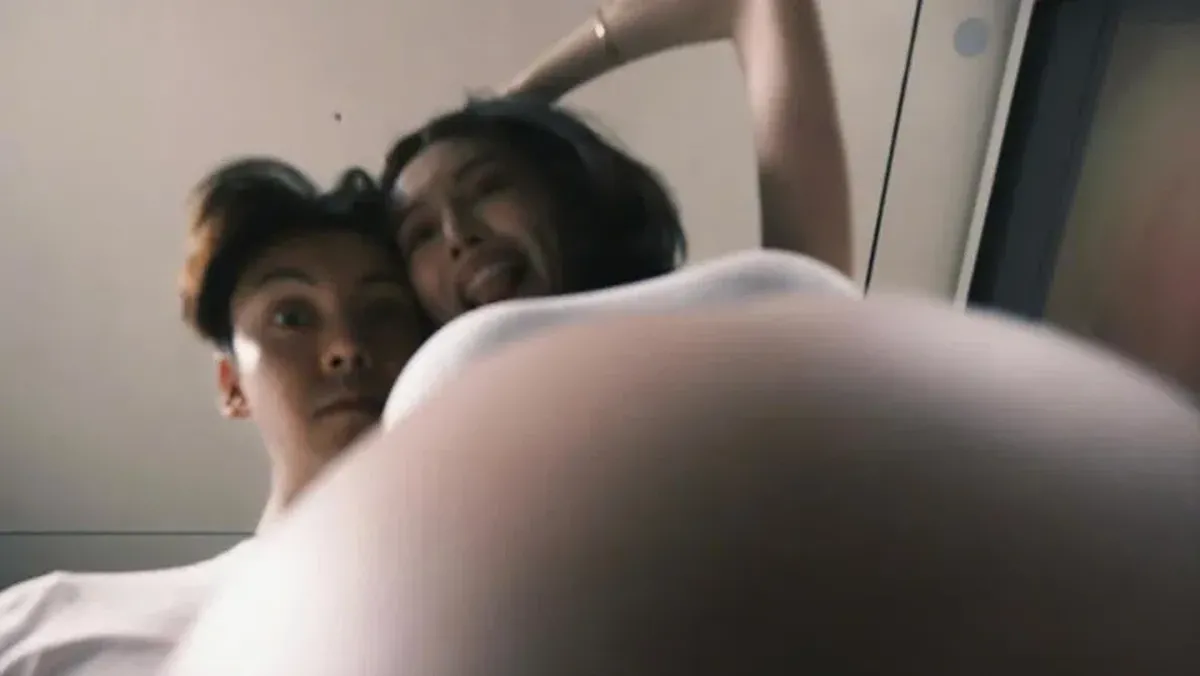Opinion
October 20, 2025 — 7.30pm
October 20, 2025 — 7.30pm
Dedicated and kind, my sister was named nurse of the year once; we jokingly referred to her as NOTY. She retired early due to Parkinson’s disease, the tremor developing when we were nursing our dying mother.
Her bent, painful and diminished life has, since then, consisted of a slow shuffle between doctors, hospitals and other health-related services. After one procedure, my sister developed pancreatitis, a painful and toxic condition. I took her to the emergency department of a large Sydney teaching hospital where she was eventually seen by an overwhelmed intern. Her pain was excruciating, worsened by the hard vinyl chair she’d been stuck in for hours.

The staff at the hospital were good. They were competent but there were too few of them.Credit: Louie Douvis
I’m an experienced GP myself, so I advised the young doctor to prescribe morphine and metoclopramide and IV fluids and ring the upper GI team.
NOTY was admitted to the gastrointestinal in-patient unit. In her four-bed room was another nurse with bowel problems, a woman pretending to be psychotic so she could get a housing transfer (we used to refer to these as “social admissions”) and an elderly lady who’d been in that ward for two months, waiting for a residential care bed.
They enjoyed the usual hospital night-time visits of the delirious elderly gentleman trying to climb into their beds, and nurses, who for some reason were missing in action during the day but always there at 2am and 6am for blood pressure checks.
NOTY told her day nurse that she refused to have those night-time obs any more, and same for the old girl waiting on the nursing home bed, who enjoyed her first good sleep in two months. She had never even had blood pressure problems, she thankfully told NOTY.
I asked for a pressure mattress to be fitted due to my sister’s poor mobility; the first two didn’t work. There was one bathroom in the ward, with no latch.
NOTY needs help showering at home (hint: Parkinson’s) but, when preparing for a CT scan, she was left to shower herself, with drip trolley attached. This probably dislodged her IV canula and painful contrast media leaked into the tissues of her forearm and over her clothes.
NOTY was parked in a radiology corridor, seated in a hard wheelchair, while she waited, shivering and dehumanised, for three hours until an intern arrived to re-site the canula. Back at the ward, I asked for an ice-pack. They didn’t have any. I made one every 20 minutes from the ice machine.
There were lots of junior nurses in the corridors with computers on trolleys, no doubt recording their daily KPIs. We stared and wondered at the irony of all those hours spent punching in KPI data, robbing the staff of the ability to engage in key performance actions such as providing nursing care.
NOTY’s arm required daily dressings, but nobody came to do it, and so the patient in the opposite bed (the nurse with bowel problems) did her dressings.
Loading
NOTY could not access all her usual medications. I had to sneak some in from home as they decided not to write up the ones not available.
She’s vegetarian, and when she was finally allowed to eat after five days, chicken broth in a bowl was placed on her tray – not vegetarian, and not accessible to someone with a Parkinsonian tremor. I asked for a straw for her juice, but the ward had none.
NOTY, unwell and disabled, still managed to help out her fellow patients through advocacy and advice. Unfortunately, she had few caring or meaningful interactions with staff during that week of admission. Care was confined to handovers, checking obs, giving or writing up (or not) meds, and inappropriate food delivery.
She saw no dietitian, OT or physio, despite special dietary and equipment needs, and the wound nurse finally arrived on the day of discharge.
The staff at the hospital were good.They were competent, but there were too few of them, and their core duties had been reprioritised for the benefit of bean-counters. We thanked them for their care, and NOTY left them a big box of premium cherries. She also gave presents to the other women with whom she’d spent the week.
The nurse with bowel issues cried as NOTY left the room. Shaken, but still dedicated and kind, she was, after all, nurse of the year once.
Dr Marie Healy is a Sydney GP.
Most Viewed in National
Loading




